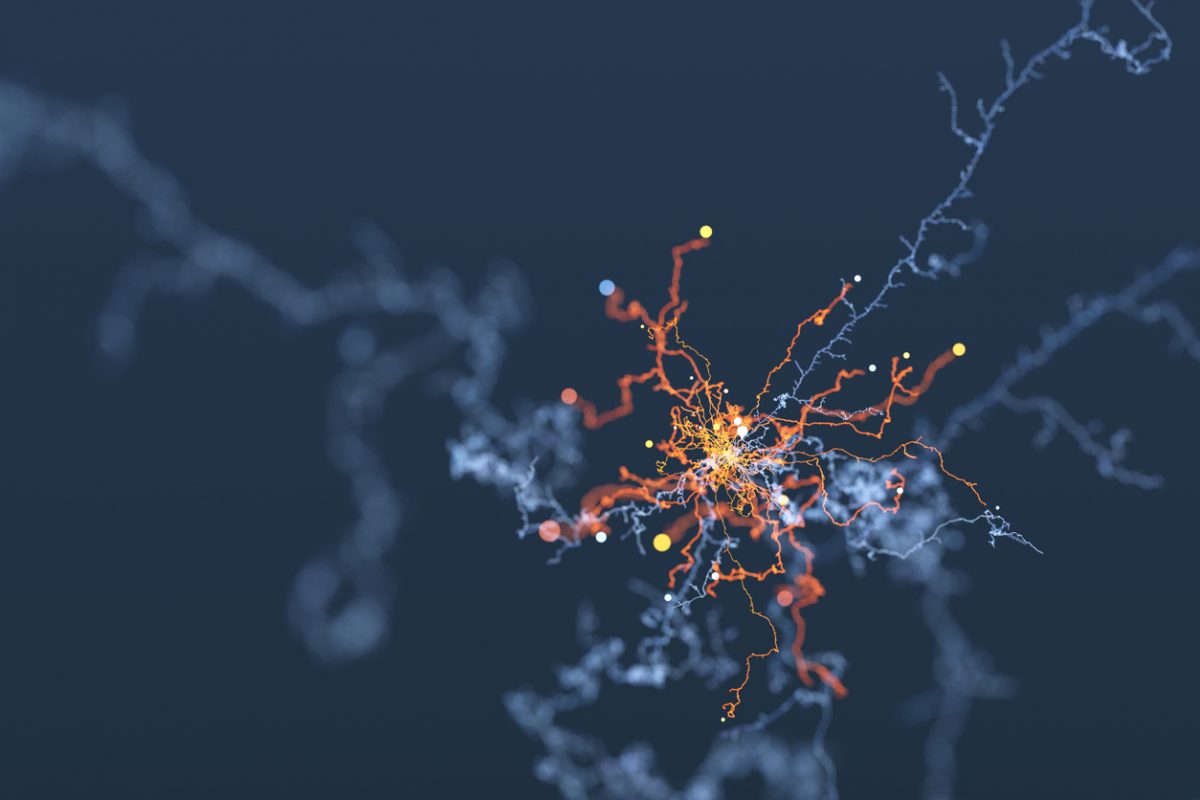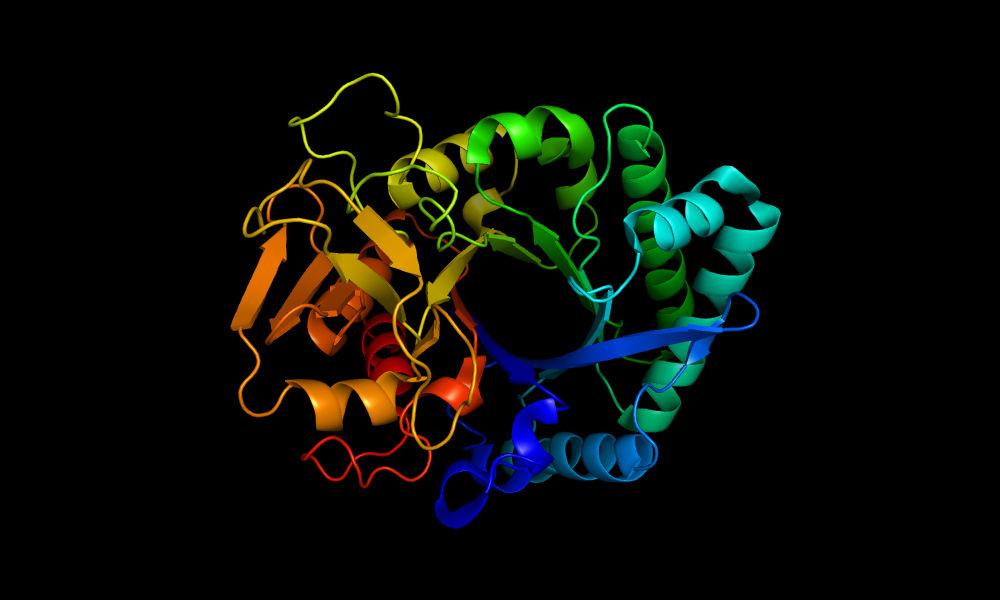IBM’s latest AI predicts Alzheimer’s better than standard tests
IBM has developed a new AI model which predicts the onset of Alzheimer’s better than standard clinical tests.
The AI is designed to be non-invasive and uses a short language sample from a verbal cognitive test given to a patient. Using this sample, the AI model is able to predict the onset of Alzheimer’s with around 71 percent accuracy.
For comparison, standard clinical tests are correct approximately 59 percent of the time and take much longer to diagnose. Current...




